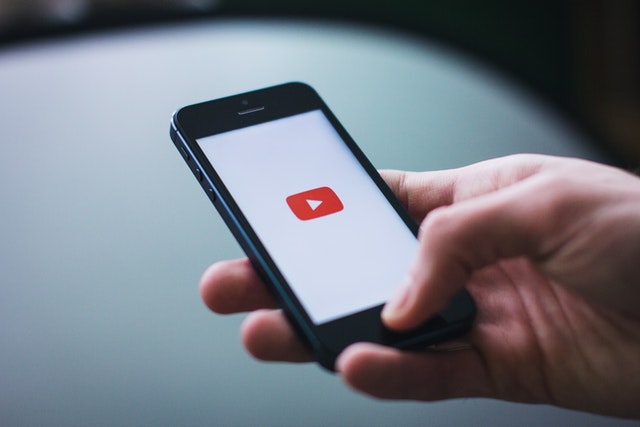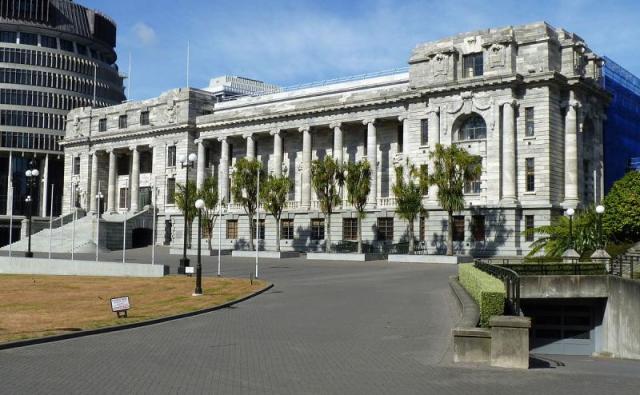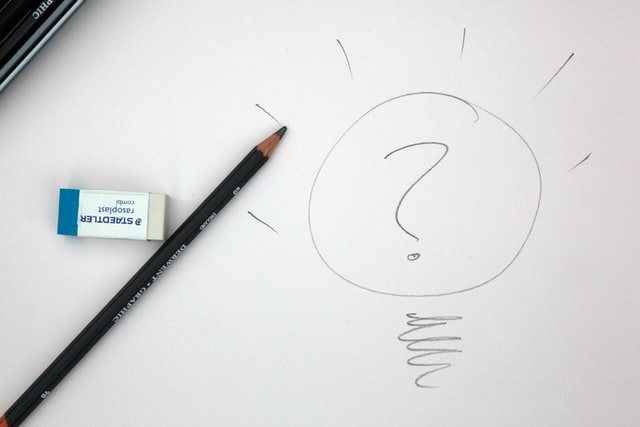Feedback invited on NZ's draft Code of Practice for Online Safety and Harms
Fri 21 Jan 2022
Netsafe is asking for public feedback on a code of practice to make the internet safer for people in Aotearoa New Zealand.

Netsafe is leading the development of the Aotearoa New Zealand Code of Practice for Online Safety and Harms.
The closing date to give feedback on the draft Code is 2 February 2022.
The Code is being designed for information and communication technology organisations who provide services to people in Aotearoa New Zealand. This includes digital platforms like Meta (Facebook, Instagram), Microsoft, Google (YouTube), Twitter, TikTok, and Twitch.
The purpose of the Code is to create a safer experience for people in New Zealand when using the internet and to reduce harmful content online. The Code sets out best practice principles and a self-regulatory framework.
It also would create processes for accountability and complaints including:
- Create an administrator role known as Te Rangapu Whakatutuki. This role would have powers to sanction Signatories if they fail to meet their commitments under the Code.
- Create a mechanism for complaints from the public.
- Outline requirements for regular review and changes of the Code.
- Set up processes for signatories to release reports on their efforts under the Code.
The draft Code identifies the following 'harmful content themes' that Signatories to the Code will focus on:
- "Child sexual exploitation and abuse
- Cyberbullying or harassment
- Hate speech
- Incitement of violence
- Violent or graphic content
- Misinformation
- Disinformation"
For each of these areas, outcomes and measures are identified in Section 4 of the draft Code.
Read the draft Aotearoa New Zealand Code of Practice for Online Safety and Harms or download a PDF of the draft Code.
Feedback can be sent to Netsafe by email to thecode@netsafe.org.nz. Note that all feedback will be published on the Netsafe website in 2022.
Consultations will be held after the public submission period closes.
For more information and comments from global tech companies, see the Netsafe media release on the draft code which states:
"As more digital platforms seek to address harmful content, this code provides a blueprint for best practice. While it is recognised that many of the platforms are already undertaking a great deal of work to address harmful content, disinformation and misinformation, this Code is intended to hold Signatories to account and to provide a framework for greater transparency and oversight of those efforts in New Zealand."
Update: In July 2022 Meta (Facebook and Instagram), Google (including YouTube), TikTok, Twitch and Twitter signed the Aotearoa New Zealand Code of Practice for Online Safety and Harms. NZTech will take over the establishment and administration of the Code. Advocates have raised concerns that there was not adequate community engagement and recommending a legislative solution rather than voluntary code.
More information on technology and abuse
Increasing research and reports have examined and documented the growing trend of gender based cyber violence including image based abuse, online harassment, stalking and other forms of digital abuse. See the following reports for information related to cyber violence in Aotearoa New Zealand:
Seeking justice and redress for victim-survivors of image-based sexual abuse, by Erika Rackley, Clare Mcglynn, Kelly Johnson, Nicola Henry, Nicola Gavey, Asher Flynn and Anastasia Powell, published in Feminist Legal Studies, May 2021
The face of technology-facilitated aggression in New Zealand: exploring adult aggressors' behaviors, by Edgar Pacheco and Neil Melhuish, published in The Emerald International Handbook of Technology Facilitated Violence and Abuse (pp. 103-124), Emerald Insight, 2021
New Zealand children’s experiences of online risks and their perceptions of harm: Evidence from Ngā taiohi matihiko o Aotearoa – New Zealand Kids Online, by Edgar Pacheco and Neil Melhuish, Netsafe, 2020
Image-based sexual abuse: an international study of victims and perpetrators. A summary report, by Anastasia Powell, Adrian J Scott, Asher Flynn and Nicola Henry, RMIT, 2020
New Zealand teens and digital harm: statistical insights into experiences, impact and response, Ministry for Women | Minitatanga mō ngā Wāhine, 2018
Digital domestic violence : are victims of intimate partner cyber harassment sufficiently protected by New Zealand's current legislation?, by Ruby King, published in Victoria University of Wellington Law Review, 2017, 48(1): 29-54
Insights into digital harm : the online lives of New Zealand girls and boys, Ministry for Women | Minitatanga mō ngā Wāhine, 2017
The United Nations Population Fund published the report Technology-facilitated Gender-based Violence: Making All Spaces Safe in December 2021 calling "...the international community, digital and feminist movements, private technology companies and national Governments to act in unison to end the rising scourge of technology-facilitated gender-based violence."
The Council of Europe Expert Group on Action against Violence against Women and Domestic Violence (GREVIO) adopted General Recommendation No.1 on the digital dimension of violence against women in October 2021. The Council of Europe also published Protecting women and girls from violence in the digital age - The relevance of the Istanbul Convention and the Budapest Convention on Cybercrime in addressing online and technology-facilitated violence against women in December 2021. The European Parliamentary Research Service previously published Combating Gender based Violence: Cyber Violence - European Value Added Assessment which provides background to cyber violence and outlines legal and non-legal policy options.
UN Women have previously highlighted emerging trends and impacts of online and technology facilitated violence against women and girls during the COVID-19 pandemic in their 2020 report, Online and ICT* facilitated violence against women and girls during COVID-19. In a statement accompanying a webinar about online violence against women, the Women's UN Report Network (November 2020) wrote:
"Online is the new front line for violence against women and girls, and it has increased exponentially during COVID-19 and the lockdowns. Online violence is an epicentre of risk, intersectional and intergenerational, and compounding multiple forms of violence against women and girls, including trafficking."
Find more research and information in our library under the quick topic search Technology and abuse.
Related media
Global tech companies meet first commitment under the NZ Code, NZ Tech, 20.12.2022
Govt harbours concerns over Netsafe’s online code, Newsroom, 18.08.2022
Mandy Henk | CEO of Tohatoha NZ wrote, Waatea News, 26.07.2022
'Tectonic shift': How Parliament protest supercharged NZ's misinfodemic, NZ Herald, 18.05.2022
Buffalo and us - New Zealand's significance in global white supremacy, Stuff, 16.05.2022
A ‘Lone-Wolf’ Shooter Has an Online Pack, The Atlantic, 16.05.2022
2 years in prison or $50K fine for ‘revenge porn’ offenders, One News, 03.03.2022
‘Emotionally disturbing’ - Revenge porn victim’s battle for justice, One News, 02.03.2022
NZ’s child abuse internet filter suffered outages, Newsroom, 23.12.2021
Child safety advocates call for pornography and sex education overhaul, NZ Herald, 22.12.2021
Bullying inquiry: Netsafe is not safe, say employees, Newsroom, 15.12.2021
Sharing intimate content without permission has 'serious consequences' - Netsafe, RNZ, 30.11.2021
Closing the digital divide requires ‘constant attention’, say education experts, RNZ, 20.09.2021
Hundreds charged under New Zealand's Harmful Digital Communications Act, NZ Herald, 09.07.2021
‘Revenge porn’ victims struggling for help from ACC, justice system, RNZ, 19.05.2021
Image: Ales Nesetril on Unsplash









